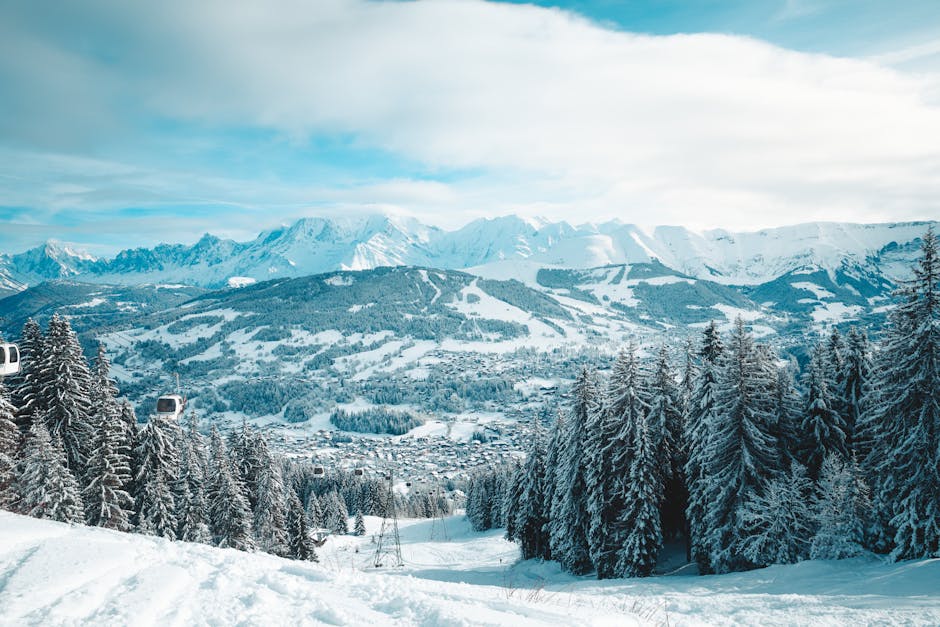The global travel landscape, in the wake of significant events and evolving preferences, witnessed some compelling trends in the past year. While the industry continues to rebound from the pandemic’s impact, novel factors are shaping the way individuals and groups approach travel. This article delves into several notable shifts, examining their origins and potential long-term implications.
A Resurgence of Domestic Exploration:
A pronounced trend of the past year has been a surge in domestic tourism. This resurgence isn’t simply a return to familiar routes but represents a conscious choice for many travelers. Factors underpinning this shift include a renewed appreciation for local experiences, affordability concerns, and a desire to support domestic economies. For example, many individuals opted for staycations in the USA, discovering hidden gems within their own state or region. This trend is evident across various nations and reflects a commitment to sustainable and responsible travel within one’s own borders. The trend is also fueled by a perceived safety in familiar environments and reduced concern over international travel logistics. The impact on local economies is undeniable.
The Rise of Sustainable and Ethical Travel:
Beyond purely domestic pursuits, a significant shift is the rising emphasis on sustainable and ethical travel. Conscious travelers are increasingly prioritizing trips that minimize their environmental footprint and positively impact local communities. This is driven by a growing awareness of the environmental consequences of tourism, coupled with a desire for experiences that are more meaningful and authentic. Businesses and individuals alike are looking for ways to reduce carbon emissions during travel, to support local businesses, and to engage in responsible practices. This trend isn’t merely a fleeting phase; it’s becoming deeply ingrained in the traveler’s mindset, influencing not just trip planning but also the choices made within the destination. Examples include the rise of eco-lodges, community-based tourism initiatives, and actively seeking out sustainable transportation options.
Experiential Travel: Moving Beyond the Tourist Trap:
While exploring local landscapes is gaining prominence, the pursuit of genuine experiences is also a prominent trend. Travelers are seeking more than just sightseeing; they crave immersive encounters that connect them with the culture and lifestyle of their destination. This trend transcends the traditional tourist traps and aims for authentic interactions with the local population, participating in hands-on activities, and indulging in local cuisine. The rise of “slow travel” and “cultural immersion” tours underscores this preference. This reflects a growing desire for a deeper understanding of the destination and its people.
The Role of Technology in Shaping Travel Decisions:
Technology continues to be an instrumental factor in shaping travel choices. Travel apps, social media, and online platforms facilitate the planning and execution of trips, enabling personalized itineraries and seamless transactions. This includes the use of digital tools for booking flights, accommodation, and activities. Furthermore, technology aids in gathering information, reviews, and recommendations from fellow travelers or experts, influencing choices significantly. This dynamic relationship between technology and travel continues to evolve, particularly with the development of virtual reality and augmented reality experiences that allow prospective travelers to virtually explore destinations before visiting.
Adapting to Global Uncertainties:
The past year has underscored the importance of flexibility and adaptability in the travel industry. The unpredictability of global events, whether geopolitical or health-related, has prompted travelers to seek alternatives and adapt their plans accordingly. This adaptability has manifested in last-minute bookings, revised itineraries, and a broader range of destinations considered. Travelers are showing a greater willingness to adjust their plans, embracing the unexpected and demonstrating flexibility in their journeys.
The Impact of Inflation and Economic Constraints:
Inflationary pressures and fluctuating economic conditions have undoubtedly impacted travel choices. Budget-conscious travelers are seeking more affordable options, leading to a notable growth in alternative accommodations like guesthouses and homestays. The need to prioritize value for money is influencing destinations chosen and travel experiences embraced. This trend suggests a renewed appreciation for affordable travel options and a focus on maximizing experiences within a tighter budget.
Conclusion:
The travel trends of the past year reveal a multifaceted and evolving landscape. A renewed focus on domestic travel, a growing emphasis on sustainability and ethical travel practices, a craving for genuine experiential encounters, the continuing role of technology, an adaptability to global uncertainties, and the pragmatic realities of inflation are all crucial elements driving this evolution. The future of travel will undoubtedly be shaped by these trends, prompting further innovation and adaptation in the travel and tourism sector. These shifts signify more than just temporary trends; they signify a fundamental shift in how people approach and value travel.
